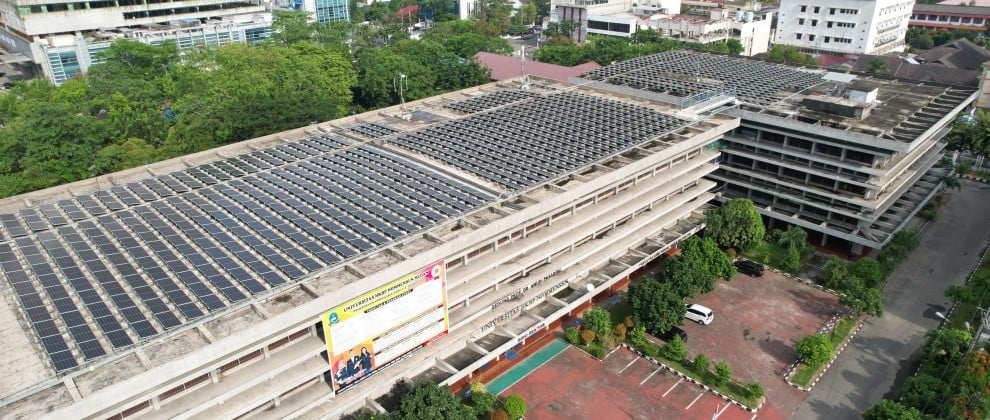
Indonesia’s president, Prabowo Subianto, has established a 75GW renewable energy capacity target for the country at the G20 Summit in Brazil.
Speaking during the ‘Sustainable Development and Energy Transition’ session, the president announced the country’s plan to withdraw coal-fired power by 2040 while building over 75GW of renewable energy capacity.
Unlock unlimited access for 12 whole months of distinctive global analysis
Photovoltaics International is now included.
- Regular insight and analysis of the industry’s biggest developments
- In-depth interviews with the industry’s leading figures
- Unlimited digital access to the PV Tech Power journal catalogue
- Unlimited digital access to the Photovoltaics International journal catalogue
- Access to more than 1,000 technical papers
- Discounts on Solar Media’s portfolio of events, in-person and virtual
“Indonesia is rich in geothermal resources, and we plan to phase out coal-fired and all fossil-fuelled power plants within the next 15 years. Our plan includes building over 75GW of renewable energy capacity during this time,” Subianto said.
Indonesia, which, according to global accounting giant PwC, will become the world’s fourth-largest economy by 2050, recently surpassed 700MW of installed solar PV capacity. Despite this milestone, the country’s Institute for Essential Services Reform (IESR) deemed this progress “inadequate” to comply with the global climate target.
Upstream manufacturing capacity
However, with the potential of the Indonesian economy throughout this century, solar module manufacturers have been investing in the region. For instance, US-based solar manufacturer Thornova Solar said last week it had started producing solar modules for the US market at an Indonesian manufacturing plant on the island of Batam.
In late September 2024, solar manufacturer SEG Solar started construction on a vertically integrated 5GW ingot-to-module TOPCon solar PV plant in the central Java province. Construction started less than six months after the company unveiled its plan to build the plant in May 2024.
Alongside SEG Solar and Thornova Solar, Singapore-headquartered PV manufacturer Gstar recently started construction on a 3GW silicon wafer plant located in Jakarta. The plant is expected to start production by the end of 2024.
Although the Indonesian president did not specify how much of the 75GW generation capacity will be solar PV, the technology is anticipated to play a central role given its strengths in being quickly deployable and that it is the cheapest offering of renewable energy.
Indeed, although utility-scale solar PV has been waning, rooftop solar PV could bolster efforts to decarbonise the country. Earlier this year, Indonesia issued rooftop solar PV system development quotas for state electricity company PLN between 2024 and 2028, aiming to add 5.75GW of capacity.
According to the IESR, the total rooftop solar PV quotas in 11 power systems between 2024 and 2028 consist of 5,746MW of new capacity. This includes annual quotas of 901MW for 2024, 1,004MW for 2025, 1,065MW for 2026, 1,183MW for 2027, and 1,593MW for 2028.







